Hakone Zendo
Zazen Meditation Community in Saratoga, California

Embrace the Calmness Together
Find your peace in Silicon Valley
Zazen: Accessible, Challenging, and Profound
Zazen might sound intimidating at first, but it’s a practice that’s both accessible and surprisingly natural. While there’s always room to learn and refine your technique, the essence of zazen is simple. As a Zen saying goes, “We are always beginning again.” This ongoing practice allows us to cultivate focus and inner peace, no matter our experience level.
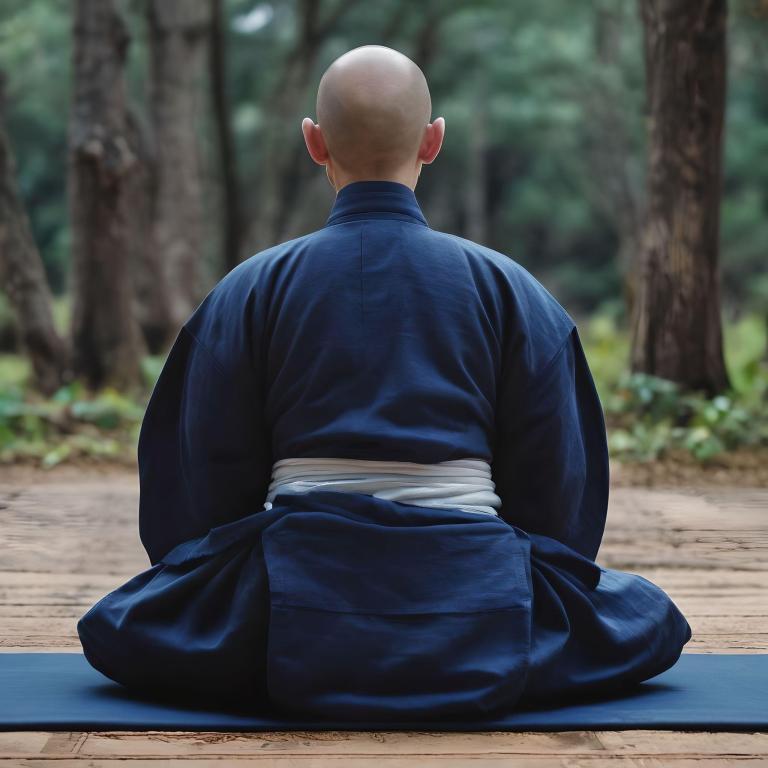
Experience
Zen meditation has been around for centuries, helping people find peace and focus. Join us to explore this ancient practice in a tranquil environment. We follow the Rinzai tradition, known for its emphasis on mindfulness and present-moment awareness. Our students get together to meditate on Sundays.

Calm
Feeling overwhelmed? Discover peace at our zazen-kai meditation session. Surrounded by the gentle chirps of birds and the soothing sounds of a waterfall, you’ll enter a serene environment perfect for meditation.
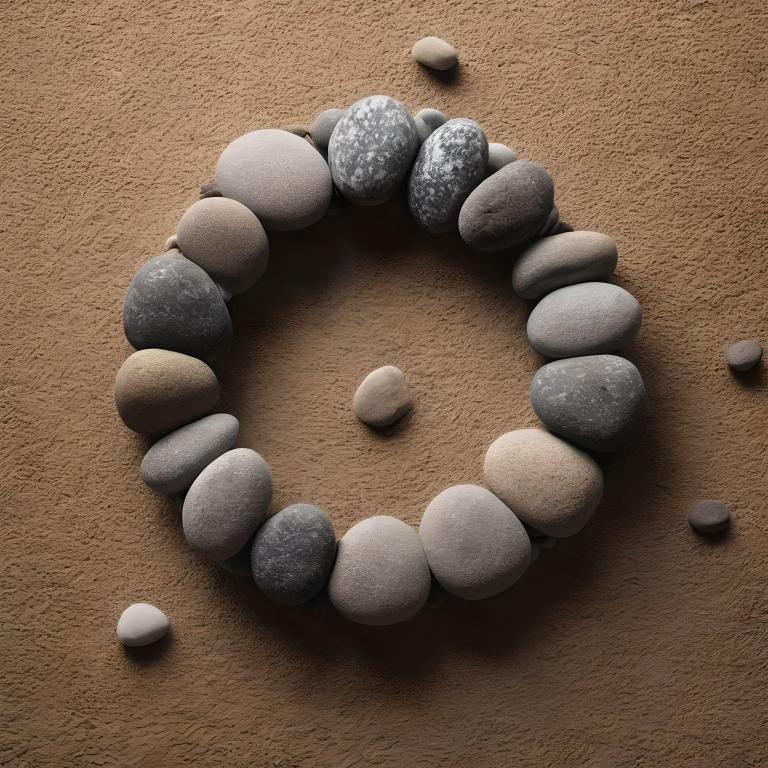
Unity
Experience the power of collective meditation. Join us weekly as we come together to meditate and exchange thoughts.
Why people want to meditate with us?
“
Great place to reset my mind. Group meditation is a lot easier than doing it alone.

K.K
“
The quality of my life has been improving and helps me stay grounded and deal with daily life in a more relaxed way.

D.S.
From our student sharing blog
-
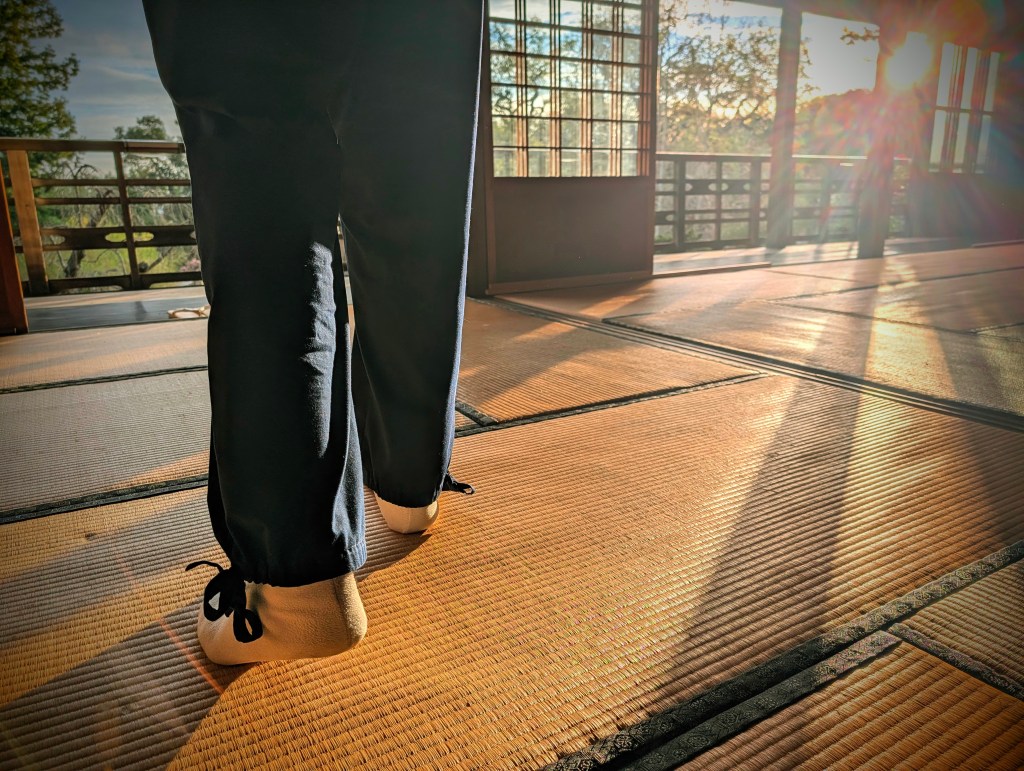
Small Courage, Small Steps
By Kaz Today, I want to share two simple ideas that have been on my mind: Small Courage and Small Steps. We often imagine that to change our lives or deepen our practice, we need “Great Courage.” We think we need to be fearless warriors. But in Zazen, we truly only need Small Courage. Small…
-
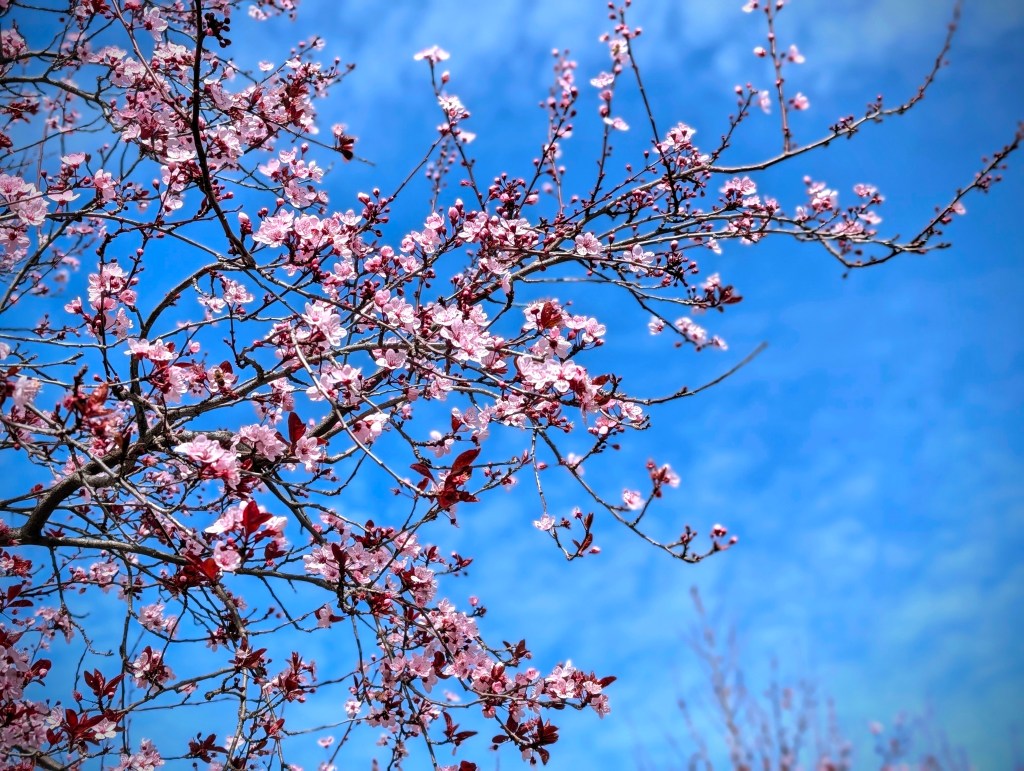
The Sacred Act of Being Bored
By Ann (The following is a synopsis of the actual article found on the Substack Link to the original article) I think we are all lucky to be here together this morning. I’ve been reflecting on a challenge we often face on the cushion—one we don’t talk about enough: boredom. I recently came across a…
-
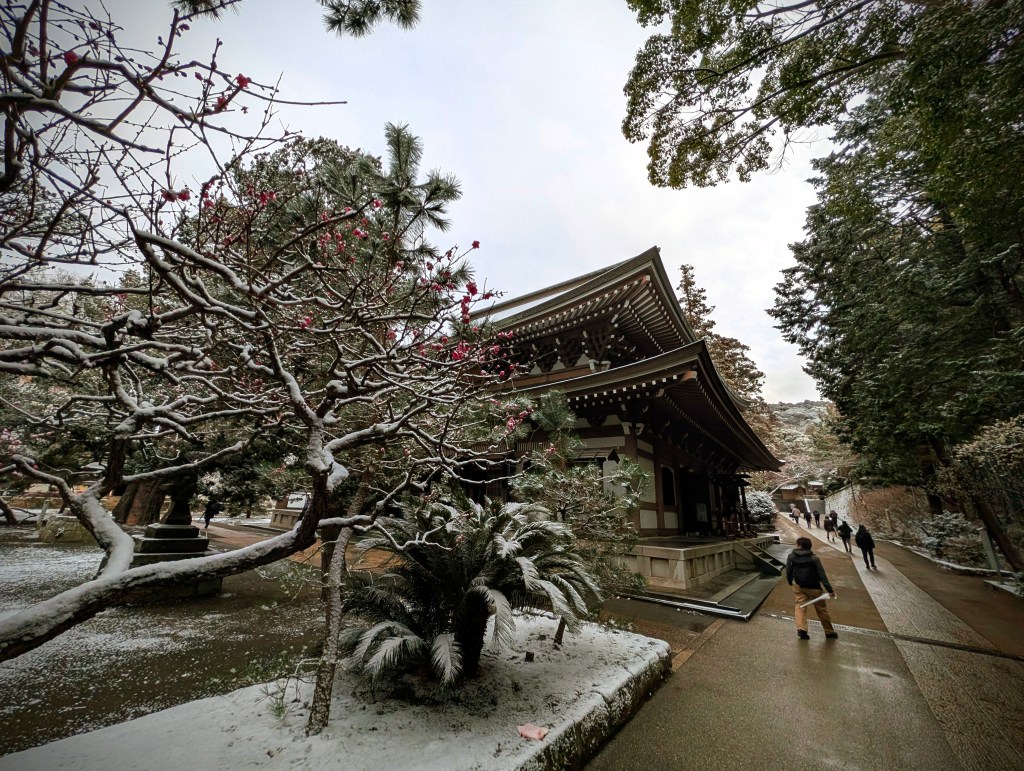
The “Toe Handshake”: A Surprising Secret to Zen Stability
by Kaz For several years, I have closely followed the current Abbot of Engaku-ji—listening to his daily broadcasts, reading his books, and making it a point to sit at Engaku-ji whenever I visit Japan. During a visit there just last week, I joined a sitting that perfectly illustrated his modern approach to the path. Before…
-
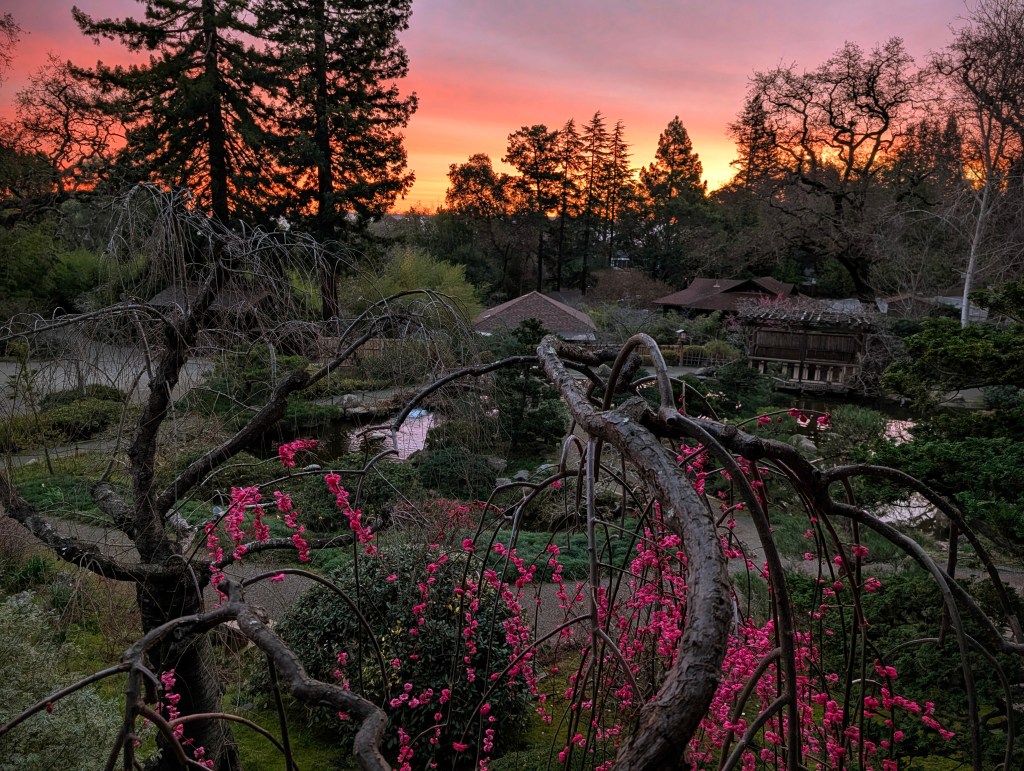
What Is Dog?
By Lakshmi I don’t know if any of you have heard of a dog named Bunny—the one who learnedmore than a hundred words by pressing buttons.After learning all that vocabulary, Bunny started asking, “What is dog?” and later, “Whydog?” People started to feel that the dog was having existential angst. But I wondered if dogseven…
-
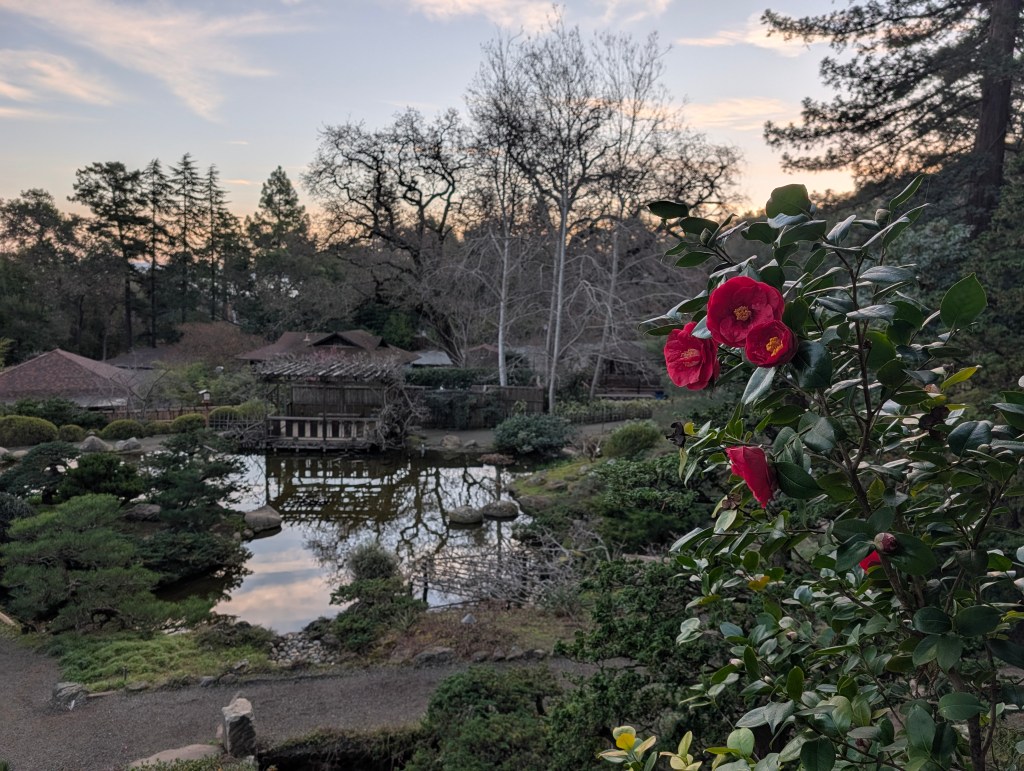
I am who I am
By Peter The Buddhist concept of “no‑self” does not imply non‑existence or illusion. Instead, It emphasizes impermanence. Impermanence is not mystical and it is not abstract. It is something we can observe directly in our daily life. This teaching is grounded in causality: all phenomena arise from causes and conditions, and when these conditions change,…
-
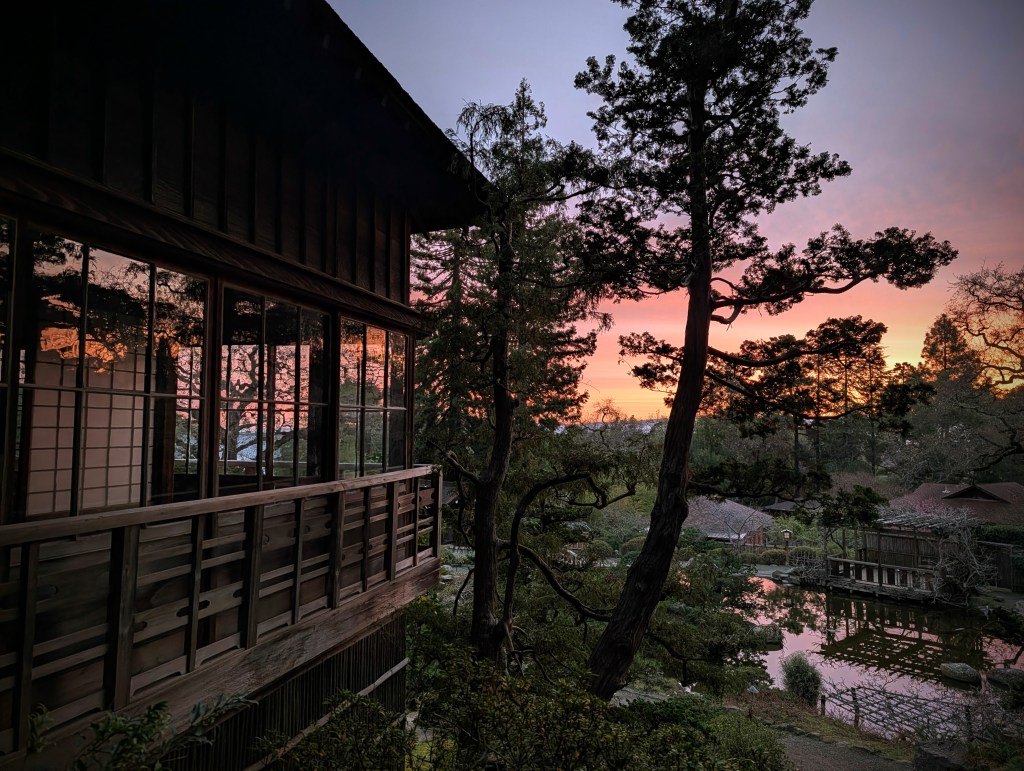
Am I Actually Living, or Am I Just Busy?
By Chloe In my professional world of AI and technology, everything is about optimization—speed, scale, accuracy, cost, and reaching the next milestone. We build systems that learn, rank, predict, and automate. We watch dashboards the way pilots watch instruments. And without noticing, we start living the same way: always monitoring, always adjusting, always looking forward.…
-
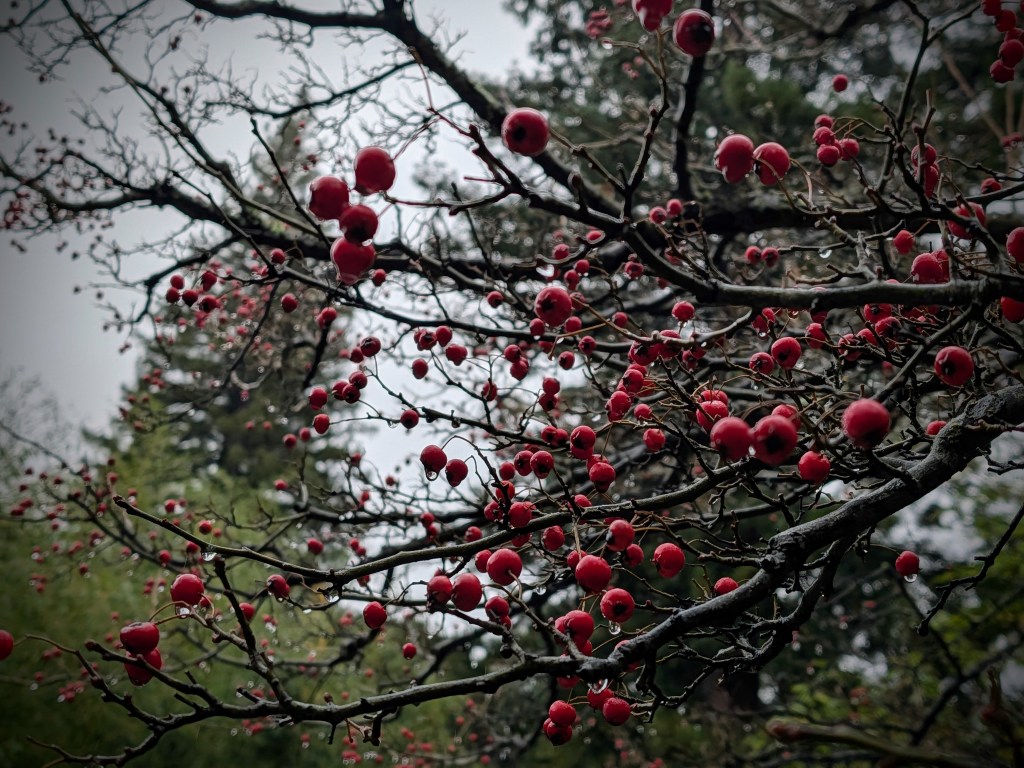
Seeing the Ordinary: Our First Zazen-kai of 2026
By Ann Where is the ordinary? The extraordinary? Can they be here simultaneously, but only one seen? A few minutes ago this space where we are now seated, was empty…no chairs, no students, no bells. It was ordinarily beautiful and then it was made into the extraordinary….by and with chairs, students, sound of bells. But…
-
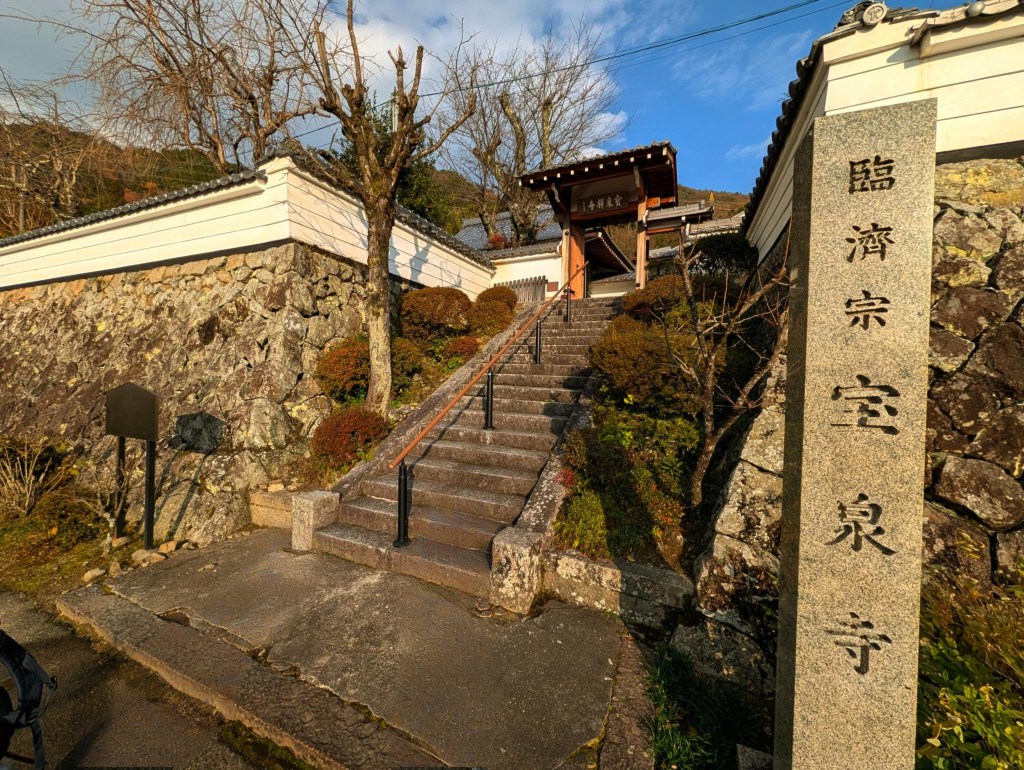
Sugar and Salt: My Four Days at Hosen-ji
By KazIt was a privilege to sit with all of you this morning for our final session of the year. As we look back on our time together at Hakone Zendo, I wanted to share a personal experience that has deeply shifted my perspective on our practice. Two weeks ago, before a business trip, I…

Mindfulness for all. Community thrives.
*Please contact us if you would like to make a recurring donation in a different amount